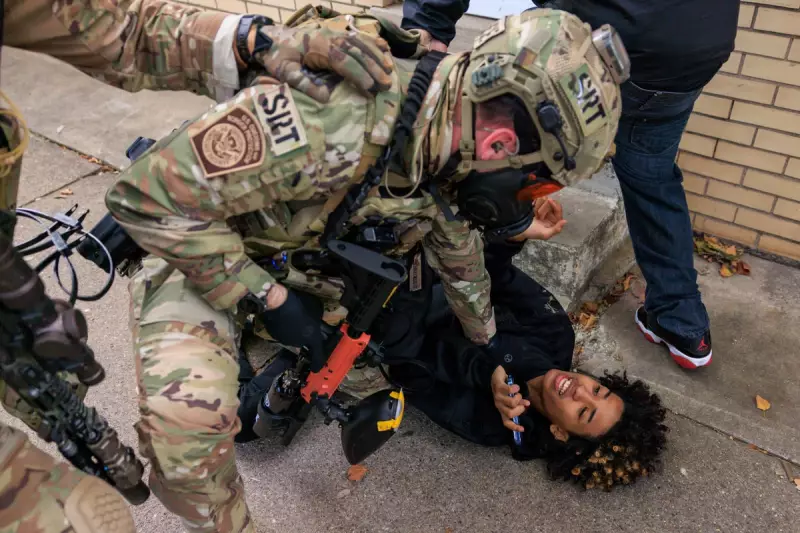
In a significant escalation of tensions between Democratic-led states and Texas Governor Greg Abbott's immigration policies, Chicago authorities have publicly refused to cooperate with US Border Patrol operations within the city.
The standoff emerged after Border Patrol agents attempted to conduct immigration status checks on individuals transported from Texas to Chicago, part of Governor Abbott's controversial programme of busing migrants to Democratic strongholds.
Political Battle Over Immigration Enforcement
Illinois Governor JB Pritzker didn't mince words when addressing the situation, stating his administration would not assist Border Patrol in what he characterised as "immigration enforcement against people who are here in Chicago seeking asylum."
The confrontation represents the latest chapter in the ongoing political battle between Democratic leaders and Governor Abbott, who has bused over 30,000 migrants to Chicago since 2022 as part of his "Operation Lone Star" initiative.
Chicago Police Take Firm Stance
The Chicago Police Department has confirmed it will not participate in immigration enforcement operations, maintaining its longstanding policy of non-cooperation with federal immigration authorities.
This position aligns with the city's sanctuary city status, which limits local law enforcement's collaboration with federal immigration officials. A police department spokesperson emphasised that their officers "will not stop, question, or arrest anyone solely based on their immigration status."
Constitutional Questions Raised
Legal experts have raised concerns about the constitutional implications of Border Patrol conducting operations hundreds of miles from the actual border. The Department of Homeland Security, which oversees Border Patrol, now faces difficult questions about the legal authority for such inland operations.
Governor Pritzker's administration has questioned whether these actions represent an overreach of federal authority, suggesting they may violate constitutional protections against unreasonable searches and seizures.
Broader Implications for Immigration Policy
This confrontation highlights the deepening political divisions over immigration policy in the United States. As Republican governors continue to transport migrants to Democratic cities, the receiving jurisdictions are developing increasingly firm responses to what they view as political stunts.
The situation in Chicago may set a precedent for how other sanctuary cities respond to similar challenges, potentially creating a patchwork of immigration enforcement policies across the country.





